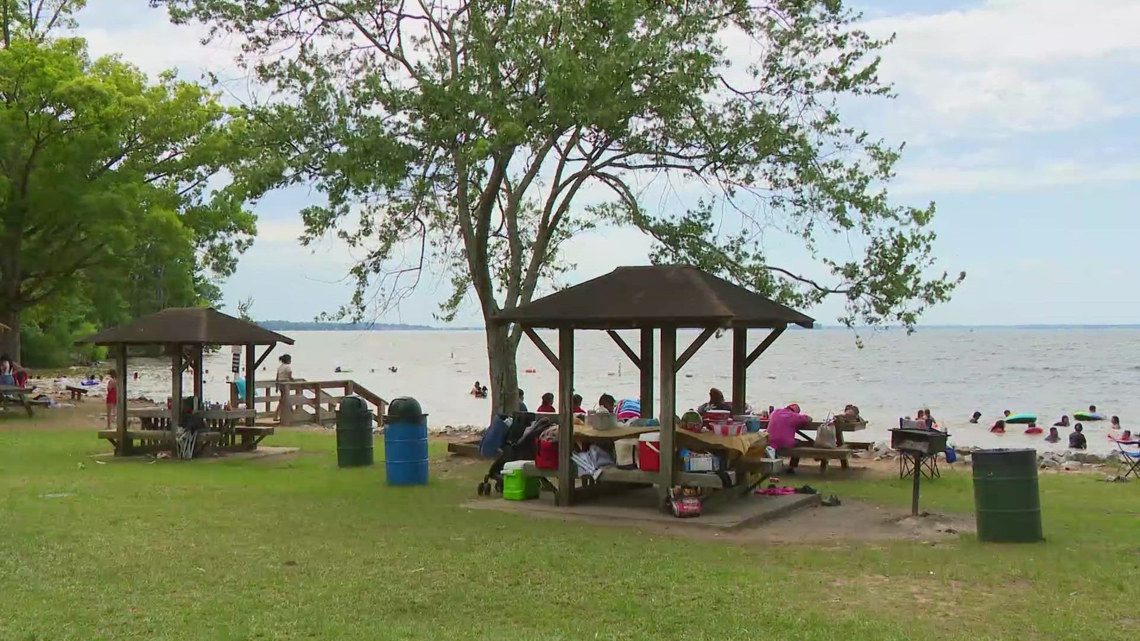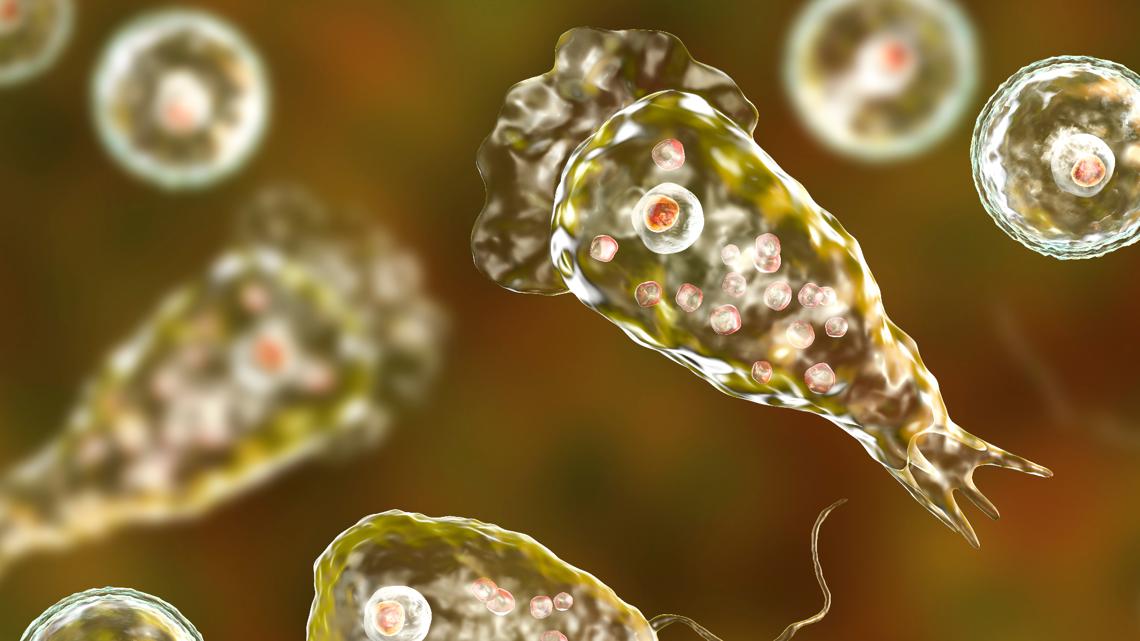T4K3.news
Pediatric death linked to brain-eating amoeba
A child has died in South Carolina after exposure to a rare brain-eating amoeba.

Health officials confirm a fatal case of a brain-eating amoeba in a pediatric patient in South Carolina.
Rare death linked to brain-eating amoeba reported in South Carolina
A pediatric patient has died after contracting a rare infection from a brain-eating amoeba in South Carolina. According to Prisma Health Richland Hospital, the death occurred following exposure to Naegleria fowleri, which leads to primary amebic meningoencephalitis (PAM), a serious brain infection. The South Carolina Department of Public Health noted that the incident likely happened at Lake Murray, although this cannot be confirmed, as the amoeba naturally occurs in warm freshwater sources. Health officials emphasize the need for caution while swimming in such environments, especially during warmer months, though they assure the public of the infection's rarity and that it is not transmissible among people.
Key Takeaways
"Fewer than 10 people in the U.S. every year get infected — but unfortunately, most cases are fatal."
This quote emphasizes the rarity yet seriousness of Naegleria fowleri infections.
"To reduce the risk of infection from Naegleria fowleri, hold your nose shut when swimming."
Health officials provide direct advice to swimmers on safety precautions.
"Death can occur between one and 18 days of infection, at an average of five days."
This statistic illustrates the rapid progression and seriousness of PAM.
"Millions of people enjoy swimming every summer, but only a few become infected."
Tammy Lundstrom points out the contrasting facts of infection rates against public enjoyment of swimming.
This tragic case highlights the persistent dangers associated with swimming in warm freshwater lakes during summer months. Even though the risk of infection from Naegleria fowleri is extremely low, the fatality rate remains startlingly high. Such incidents serve as a reminder for both recreational swimmers and health authorities about the importance of public awareness and preventive measures. As health officials stress prevention, this incident might also prompt a broader discussion about lake safety and potential regulations for swimming in natural bodies of water during peak temperatures.
Highlights
- Every summer, millions swim yet only a few get infected.
- The risk of brain-eating amoeba is tragically low but fatal.
- This case underscores the importance of water safety awareness.
- Swimming in warm water carries risks, even if rare.
Health risks associated with brain-eating amoeba
The recent death raises awareness about the threat posed by Naegleria fowleri, particularly in natural freshwater bodies during warm months. Public discourse may amplify concerns regarding swimming safety.
Continued public education on prevention may help reduce future risks.
Enjoyed this? Let your friends know!
Related News

South Carolina confirms death from brain-eating amoeba

Confirmed death from brain-eating amoeba in South Carolina

Patient dies from brain-eating amoeba in South Carolina

Parents of boy who died from brain-eating amoeba speak out

Child dies from brain-eating amoeba after swimming in South Carolina lake

Revealing unethical medical experiments

Parents demand lake safety reforms after child's death

Brain-eating amoeba case confirmed in South Carolina
